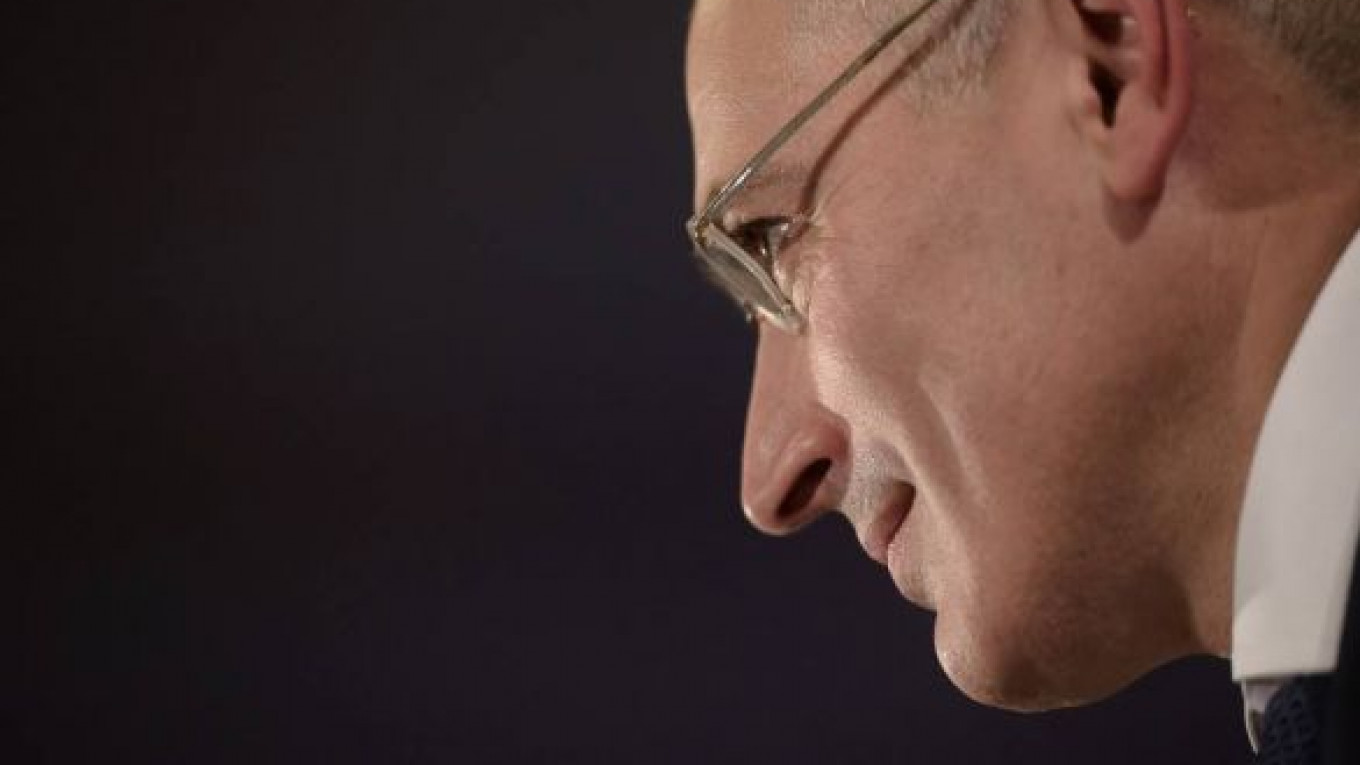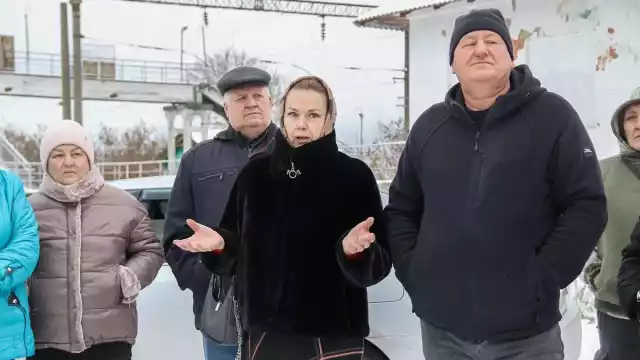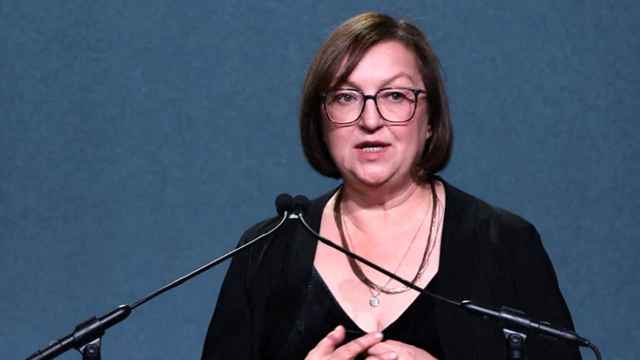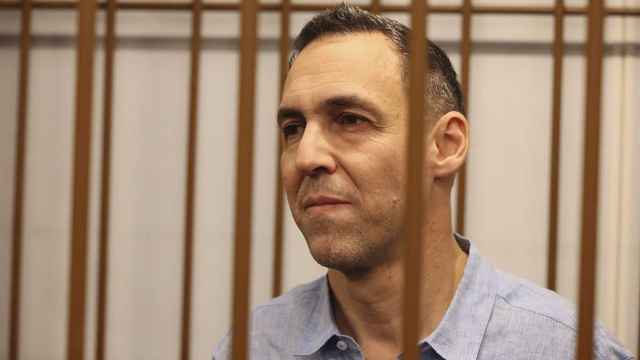Former tycoon Mikhail Khodorkovsky has said his surprise release from prison last month may have been an attempt by President Vladimir Putin to reassert his authority among recalcitrant members of his entourage, instead of trying to improve Russia's image abroad.
"I think that a part of Putin's entourage has broken free from the harness, in his opinion, and he wanted to bring it back to a more normal state," Khodorkovsky said during an interview with Moskovsky Komsomolets, published Saturday.
Khodorkovsky's release — a decision few expected — showed those within the Kremlin's inner circle "that they were unable to influence all of the president's decisions. This was quite significant for them," the former oil executive said.
Many observers have attributed the presidential pardon of Khodorkovsky to the Kremlin's attempt to mend the country's image ahead of the Sochi Winter Games, which start on Feb. 7. But Khodorkovsky says his release — which Putin announced to reporters after the close of his hours-long news conference in December — was "based precisely on domestic considerations."
A similar assertion of Putin's strength may also have been achieved by securing a long prison term for former Defense Minister Anatoly Serdyukov, whom the president fired in 2012 amid widespread accusations of corruption in his ministry, Khodorkovsky said.
Serdyukov has so far emerged from the scandal with only a minor negligence charge, and a long prison term for the former defense chief might have been a blow to some of his allies in the Kremlin administration.
Putin "had precisely two options: to get a 10-year sentence for Serdyukov, or to free me … Both actions would have produced approximately equal effects."
A Message from The Moscow Times:
Dear readers,
We are facing unprecedented challenges. Russia's Prosecutor General's Office has designated The Moscow Times as an "undesirable" organization, criminalizing our work and putting our staff at risk of prosecution. This follows our earlier unjust labeling as a "foreign agent."
These actions are direct attempts to silence independent journalism in Russia. The authorities claim our work "discredits the decisions of the Russian leadership." We see things differently: we strive to provide accurate, unbiased reporting on Russia.
We, the journalists of The Moscow Times, refuse to be silenced. But to continue our work, we need your help.
Your support, no matter how small, makes a world of difference. If you can, please support us monthly starting from just $2. It's quick to set up, and every contribution makes a significant impact.
By supporting The Moscow Times, you're defending open, independent journalism in the face of repression. Thank you for standing with us.
Remind me later.






